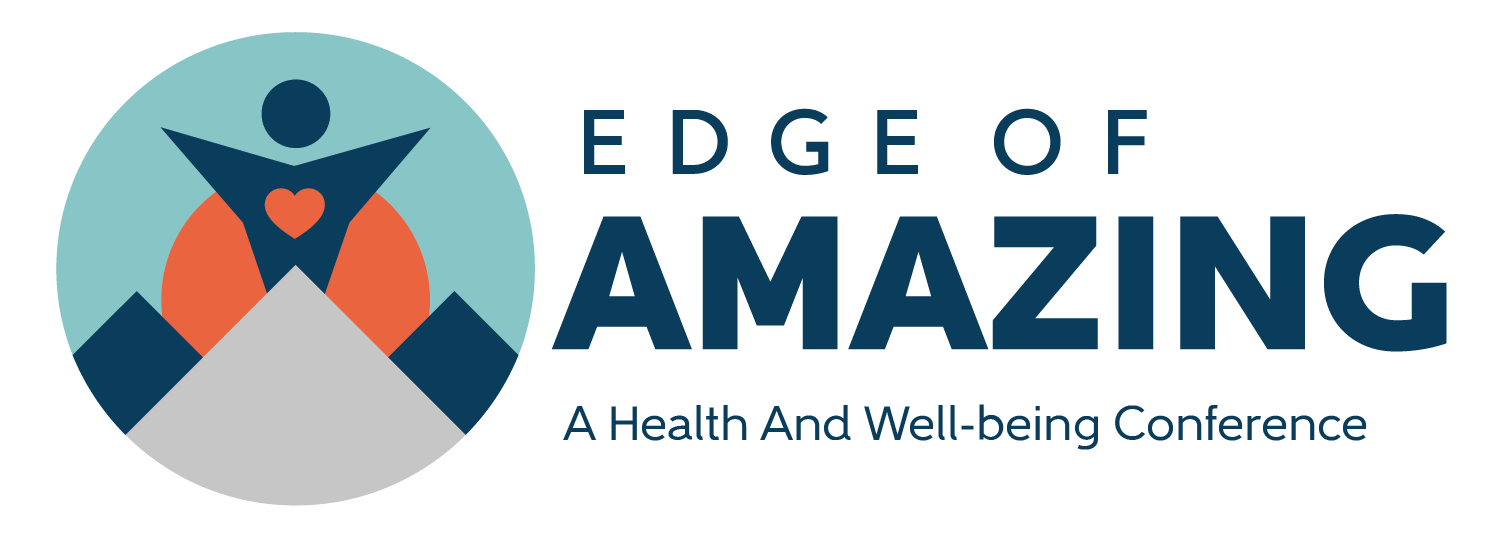Discussion Lightning Rounds
Looking to have more focused conversation time, learning together and from each other? This is an opportunity to make new connections and explore multiple perspectives around a variety of topics.
Each lightning round is just 25 minutes and participants are welcome to move through three different topic rounds of guided conversations by local community subject matter experts. There will be opportunities to view poster-data and/or other resources.
Insights will be shared with all participants for consideration, post EOA.
Participant Goals:
Discover diverse perspectives and local expertise to inspire collaboration.
Build connections that spark innovation and provide actionable insights.
Broaden efforts to strengthen positive change in the health and well-being of communities you serve.
Emcee & Closing:
Emcee: Tonya Drake, Ph.D., Regional Vice President, Northwest, WGU
Closing: Dennis Worsham, Director, Snohomish County Health Department
Six Topics to Pick From
Click on plus signs to right of topic for descriptions and Discussion Guides leading these conversations.
-
Financial empowerment refers to the process of gaining control over one’s financial situation through knowledge, skills, and resources. It involves understanding and managing personal finances effectively, making informed financial decisions, and taking steps to improve one’s financial well-being. Economic security is foundational to well-being, but often not integrated or consistently woven into many other areas of well-being, including healthcare, employment, education, and community-based social services. Discussion will explore the benefits and challenges associated with integrating financial empowerment tools and resources into program design, in addition to other local supports available. Attendees will have an opportunity to discuss emerging and current issues, collective efforts, and available resources.
Discussion Guides:
Jared Schapiro, Director, Financial Empowerment, Workforce Snohomish
Abby McCutcheon, Program Manager, Financial Empowerment Workforce Snohomish
-
Mental/Emotional health is deeply tied to our well-being and highly influenced by sense of purpose and meaning, the state of our physical health, and strongly related to growing positive relationship with others. More recently there have been many significant shifts in our community that have increased the strain on our mental health. This is in addition to many other longer standing individual and collective traumas such as adverse childhood experiences, generational trauma, impacts of political unrest, technology and social media, as well economic and environmental challenges. Suicide rates, depression, and anxiety have all been on the rise. Despite our adverse experiences, there are individual and environmental protective factors that can impact and support resiliency.
Discussion will invite diverse perspectives, provide space to share challenges, bright spots and local resources and opportunities for collaboration.
Discussion Guides:
Gretchen Clark Bower, LICSW, CMHS, CCTP, Senior Director of Behavioral Health, Providence Swedish North Puget Sound
Kathryn Gilligan, MD, Chief Medical Officer, Compass Health
-
Participants in this discussion are invited to examine innovative ways we can work towards creating and empowering equitable access to health care and basic needs for all community members. Through conversation and reflection, participants will be given an opportunity to explore the following questions:
How has the shifting landscape of our current healthcare system affected our community’s access to healthcare and basic needs?
What are some structural and abstract obstacles that prevent us from bridging that gap of access?
What are some new approaches we can take in order to address these gaps “with the community” as opposed to “for / to the community”?
Discussion Guides:
Arra Rael, Diversity, Equity, Inclusion & Belonging Manager, CHS
Renée Wallace, Program Manager, Health Care Access & BABE, YWCA Seattle| King | Snohomish
-
Participants in this session are invited to examine the vital conditions for communities to thrive and attain their optimal level of health. Through a health equity lens, this session will explore culturally responsive and holistic ways to promote health and well-being that meet the community where they are at. Through conversation and reflection, participants will have the opportunity to reflect on the following questions:
What are existing systemic barriers to access to health information?
How does trust look like in the community? How is trust built?
What are the vital conditions for health and well-being?
Discussion Guides:
Helen Wong, Health Equity Policy Analyst, Snohomish County Health Department
Marisol Bejarano, Director of Health & Wellness Programs, Latino Educational Training Institute (LETI)
-
This discussion will examine misinformation about the opioid crisis that is preventing or limiting community engagement. Addressing the myths around opioids that dehumanize and stigmatize individuals is vital to promoting the compassion needed to address the crisis. Providing community members with information that is based on reality is essential to shaping policies to address the opioid crisis.
We invite participants to discuss the following:
How has the media or misinformation shaped the opioid crisis?
What does the current data show, and does that reflect your experience?
What are some tools being used to address the opioid crisis?
Discussion Guides:
Amy Wheat, Opioid Outreach Specialist, Snohomish County Human Services
Eric Velez, SUDP, Recovery Support Coordinator, Snohomish County Therapeutic Courts
-
Access to housing and housing affordability are among the top needs in our community. The need for both comprehensive and varied strategies, including advocacy and policy changes, more housing, and innovative financing solutions. It’s a pressing issue that affects not only individuals and families but also the economic health and well-being and social stability of communities. Participants will engage in shared understanding of the housing issues, including an overview of the current housing landscape and the factors contributing to the crisis. Discussion will invite further insights and resources that can impact housing stability, and collaborations to align strengths and support better housing options.
Discussion Guides:
Chris Collier, AHA Program Manager, Housing Authority of Snohomish County
Rachel Wilkinson Downes, Director of Strategic Initiatives, Housing Hope
